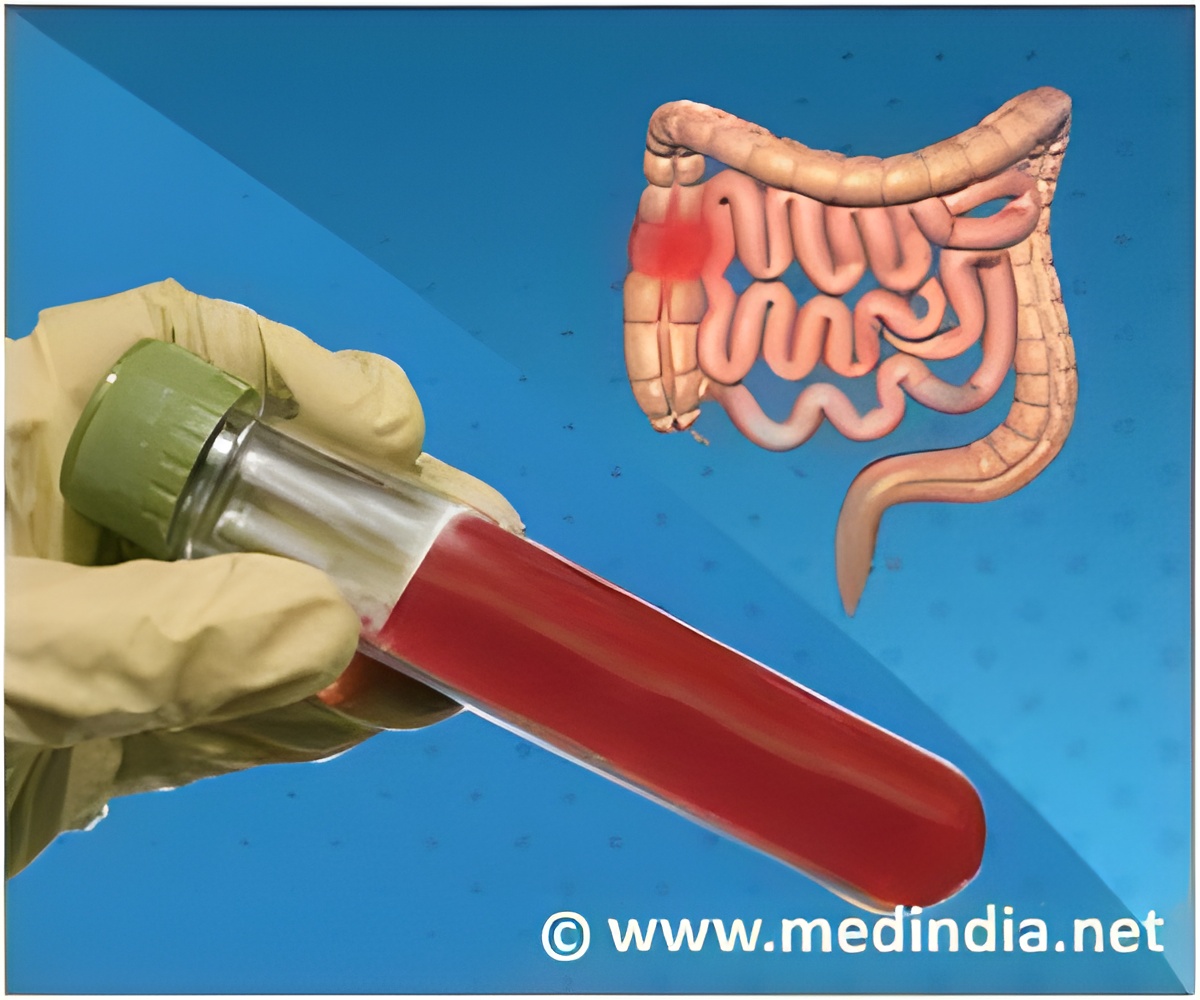Folic acid, vitamin B6 and B12 supplements combo may not help to reduce the risk of colorectal adenoma among women.

The researchers found that the risk of colorectal adenoma among women was not statistically significantly affected by the intake of combined folic acid vitamin B6 and vitamin B12 supplementation. "Our findings do not support recommending B-vitamin supplementation for the prevention of colorectal adenomas," the researchers write, adding more evidence is needed in order to verify their findings. They also found that consumption of alcohol, known to be a folate "antagonist," did not influence the effect of supplements on colorectal adenoma risk.
In an accompanying editorial, Regina G. Ziegler, Ph.D., M.P.H., of the Division of Cancer Epidemiology and Genetics writes that the null results of the trial, that high doses of folic acid did not increase risk of colorectal adenoma during up to nine years of follow-up, are reassuring with respect to the US decision to fortify cereal-grain products with folic acid, beginning in 1998, to reduce neural tube defects. However, the null results are less pertinent to the protective potential of folate, B6, and B12 when given to men and women with suboptimal micronutrient intake. "Observational epidemiology results, from prospective studies of diet and supplements or of circulating biomarkers, are provocative and imply that the role of folate and other B vitamins in colorectal carcinogenesis merits continued exploration."
Source-Eurekalert















